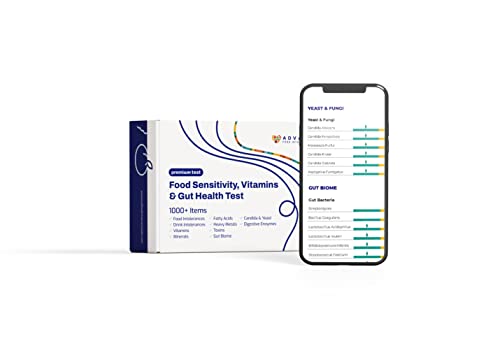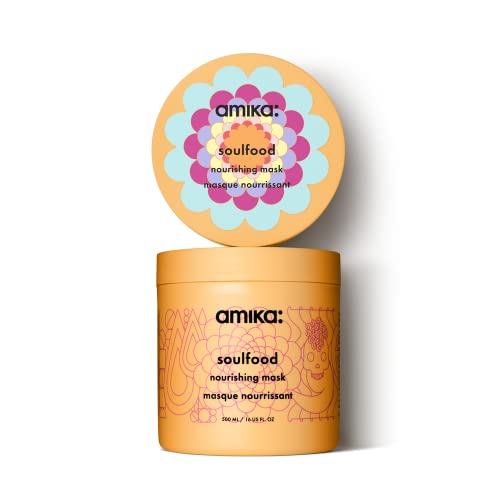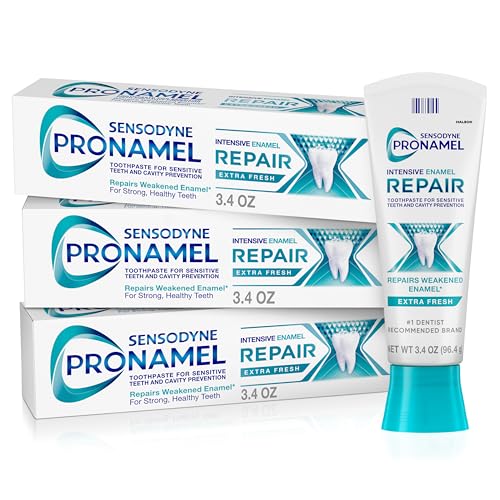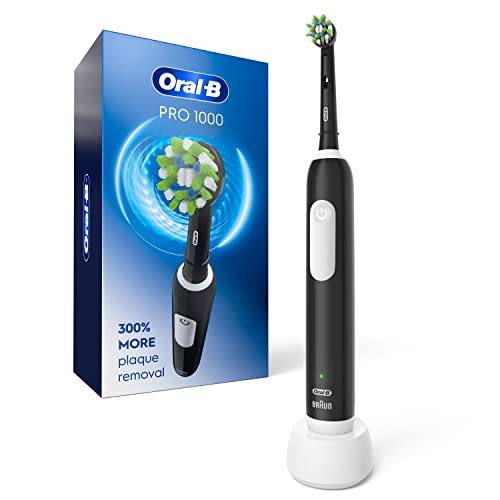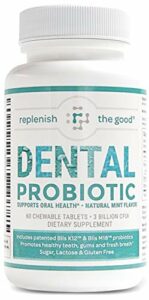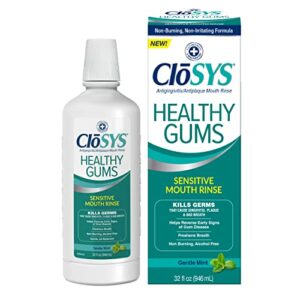We know how important it is to take care of our oral health, but sometimes it can feel overwhelming to keep up with all the do’s and don’ts. That’s why we’re here to help you navigate the world of dental care. In this blog post, we want to address a specific aspect of oral health that often goes unnoticed – the impact of acidic foods. We understand that it can be challenging to make informed choices when it comes to what we eat, especially when it comes to our favorite foods. That’s why we want to shed light on the effects of acidic foods on our oral health and provide you with practical tips to maintain a healthy smile. So, let’s dive in and explore the connection between acidic foods and your oral health. Together, we can take small steps towards better oral hygiene.
Protect Your Gut: Bestselling Books on Avoiding Acidic Foods and Drinks
What are acidic foods?
In our quest for healthy eating, understanding the acidity levels of the foods we consume is crucial. Acidic foods, as the term suggests, are those that have a higher acid content. While some acids are beneficial for our health, excessive consumption of acidic foods may lead to certain health concerns. In this blog section, we will delve deeper into what acidic foods are, provide examples of common acidic foods and drinks, and discuss their potential impacts on our well-being.
Acidic Foods and Drinks
Citrus Fruits
Citrus fruits, such as lemons, oranges, and grapefruits, are well-known for their tangy taste and high acidity. They contain citric acid, which not only gives them their distinctive flavor but also provides several health benefits. Citrus fruits are rich in vitamin C, fiber, and antioxidants, making them an excellent addition to a balanced diet.
Tomatoes
Tomatoes, despite their classification as a fruit, are often regarded as a vegetable due to their culinary usage. They contain malic and citric acid, giving them a slightly acidic taste. Tomatoes are packed with essential nutrients like lycopene, vitamin C, potassium, and folate. Incorporating tomatoes into your meals can contribute to a healthy diet.
Carbonated Beverages
Carbonated beverages, including soft drinks and sparkling water, are highly acidic due to the carbonation process. These drinks often contain phosphoric and citric acid, which enhance their flavor and give them a refreshing fizz. However, it’s important to note that excessive consumption of carbonated beverages can have detrimental effects on dental health and may contribute to acid reflux.
Potential Impact on Our Health
While acidic foods can offer beneficial nutrients, it is essential to maintain a balanced diet and be aware of their potential impact on our health. Here are some key points to consider:
- Dental Health: Excessive consumption of acidic foods and drinks can weaken tooth enamel over time, leading to tooth decay and sensitivity.
- Digestive Issues: Acidic foods may aggravate symptoms of acid reflux or heartburn in individuals who are prone to these conditions.
- Balancing pH Levels: Consuming a variety of foods with different pH levels helps maintain a healthy acid-alkaline balance in the body.
Effects of acidic foods on oral health
Maintaining good oral health is essential for overall well-being, and what we eat plays a crucial role in this. In this blog section, we will explore how consuming acidic foods and drinks can impact your oral health. Acidity in these foods and beverages can erode tooth enamel, leading to tooth sensitivity, cavities, and enamel erosion.
Understanding Tooth Enamel
Before diving into the effects of acidic foods, let’s understand the importance of tooth enamel. Tooth enamel is the protective outer layer of our teeth, and it is the hardest substance in the human body. Its primary function is to safeguard our teeth from damage caused by chewing, biting, and grinding.
Acidic Foods and Tooth Enamel Erosion
When we consume acidic foods and drinks, the acid levels in our mouths increase temporarily. This increase in acidity strips away the minerals that make up tooth enamel, causing it to weaken and erode over time. Here are some key points to consider:
- Acidic foods and beverages include citrus fruits, tomatoes, pickles, soft drinks, fruit juices, and wine.
- Acidic foods can have a pH level below 5.5, which is considered harmful to tooth enamel.
- The longer the exposure to acidity, the more damage it can cause to tooth enamel.
Effects of Acidic Foods on Oral Health
- Tooth Sensitivity: As tooth enamel erodes, the underlying dentin becomes exposed, leading to increased tooth sensitivity. This can make consuming hot or cold foods and drinks a painful experience.
- Cavities: The erosion of tooth enamel paves the way for cavities to develop. Bacteria thrive in the crevices created by weakened enamel, leading to decay and cavities.
- Enamel Erosion: Over time, frequent consumption of acidic foods can result in significant enamel erosion. This can cause the teeth to become thinner, more brittle, and prone to chipping or breaking.
Preventive Measures
While it may be challenging to completely eliminate acidic foods from our diets, there are steps we can take to minimize their impact on our oral health. Consider the following preventive measures:
- Moderation: Limit your consumption of acidic foods and drinks. Instead, focus on a balanced diet that includes a variety of non-acidic foods.
- Rinsing with Water: After consuming acidic foods, rinse your mouth with water to help neutralize the acidity and wash away any residue.
- Wait Before Brushing: Wait at least 30 minutes after consuming acidic foods before brushing your teeth. Brushing immediately can further damage weakened enamel.
- Use a Straw: When drinking acidic beverages, using a straw can help minimize contact between the liquid and your teeth.
Tips for minimizing the effects of acidic foods
Introduction:Acidic foods can wreak havoc on our oral health, causing enamel erosion, tooth sensitivity, and an increased risk of cavities. However, with a few simple strategies and mindful habits, we can minimize the negative effects of acidic foods. In this blog post, we will share practical tips and techniques to help you protect your teeth and maintain a healthy smile.
1. Rinse your mouth with water after consuming acidic foods
One of the easiest ways to neutralize the acids in your mouth is by rinsing with water after consuming acidic foods. This simple act can help to wash away the acids and restore a more balanced pH level in your mouth. Make it a habit to swish water around your mouth for at least 30 seconds after eating or drinking acidic foods.
2. Use a straw when drinking acidic beverages
Drinking acidic beverages, such as citrus juices or carbonated drinks, through a straw can significantly reduce the contact between the acidic liquid and your teeth. By sipping through a straw, you can redirect the liquid towards the back of your mouth, minimizing its direct contact with your tooth enamel. This small change can make a big difference in protecting your teeth from acid erosion.
3. Maintain a balanced diet
While it may be tempting to indulge in acidic snacks and drinks, it is essential to maintain a balanced diet for the sake of your oral health. Including a variety of foods from different food groups can help neutralize acids in your mouth. Opt for dairy products like milk and cheese, which can help counteract the effects of acids and promote remineralization of your tooth enamel. Additionally, include plenty of fruits and vegetables in your diet, as they contain essential nutrients that support oral health.
4. Limit consumption of acidic foods and beverages
While it may not be practical to completely eliminate acidic foods from your diet, it is crucial to limit their consumption. Be mindful of the frequency and quantity of acidic foods and beverages you consume. Moderation is key to minimizing the negative effects on your oral health. Consider the following tips to help reduce your intake of acidic foods:
- Opt for less acidic alternatives: Choose low-acid varieties of your favorite fruits, such as bananas or melons, instead of highly acidic options like lemons or oranges.
- Dilute acidic beverages: If you enjoy acidic drinks like fruit juices, diluting them with water can help reduce their acidity and lessen the impact on your teeth.
- Consume acidic foods with meals: Eating acidic foods as part of a meal can help neutralize the acids by mixing them with other foods.
5. Practice good oral hygiene
Maintaining a consistent oral hygiene routine is crucial for protecting your teeth from the effects of acidic foods. Brush your teeth at least twice a day with a fluoride toothpaste and a soft-bristled toothbrush. Floss daily to remove plaque and food particles from between your teeth. Additionally, consider using a fluoride mouthwash to strengthen your tooth enamel and provide extra protection against acid erosion.
Remember, prevention is key when it comes to minimizing the effects of acidic foods on your oral health. By implementing these tips and techniques, you can enjoy your favorite acidic treats while safeguarding your teeth and maintaining a healthy smile.
The role of dental care in combating acidity
Acidity can have detrimental effects on our overall health, including our oral health. The high acid levels in our diet and certain medical conditions can lead to various dental problems such as tooth erosion, cavities, and gum disease. However, by practicing good dental care habits and seeking regular dental check-ups, we can effectively combat the damaging effects of acidity on our teeth and gums.
Brushing: The First Line of Defense
Brushing our teeth regularly is crucial in maintaining good oral health, especially when combating acidity. Here’s why:
- Brushing removes plaque and bacteria: Plaque buildup is a breeding ground for harmful bacteria that thrive in an acidic environment. Brushing your teeth twice a day helps to remove plaque and bacteria, reducing the risk of acid erosion and tooth decay.
- Choose the right toothbrush and toothpaste: Opt for a soft-bristled toothbrush and fluoride toothpaste. Soft bristles are gentle on your teeth and gums, while fluoride helps strengthen tooth enamel, making it more resistant to acid attacks.
Flossing: Reaching Where the Brush Can’t
While brushing is essential, it may not reach all the nooks and crannies between our teeth. Flossing complements brushing by:
- Removing food particles and plaque: Food particles stuck between teeth can contribute to acid production and lead to decay. Flossing helps remove these particles and prevents plaque buildup.
- Stimulating the gums: Flossing not only cleans between teeth but also stimulates the gums, improving blood circulation and promoting gum health.
Regular Dental Check-Ups: Detecting and Preventing Problems
Visiting your dentist regularly is vital for combating acidity-related dental issues. Here’s why regular check-ups are so important:
- Early detection of dental problems: Regular dental exams allow your dentist to identify early signs of tooth erosion, cavities, or gum disease caused by acidity. Catching these issues early can prevent further damage and the need for extensive treatments.
- Professional cleanings: Dental cleanings remove stubborn plaque and tartar buildup that cannot be addressed by brushing and flossing alone. This helps maintain a healthy oral environment and reduces the risk of acid-related damage.
- Customized advice and treatment: Dentists can provide personalized advice on oral care routines and recommend treatments tailored to your specific needs. This ensures you are taking the necessary steps to combat acidity and maintain optimal oral health.
Protecting your oral health from the harmful effects of acidic foods
In conclusion, it is crucial to be mindful of the impact that acidic foods can have on our oral health. Throughout this blog post, we have discussed the various effects of acidic foods on our teeth and gums. By practicing good oral hygiene, such as brushing and flossing regularly, we can help mitigate the damage caused by these foods. Additionally, seeking professional dental care, such as regular check-ups and cleanings, is essential for maintaining a healthy smile. We recommend that you take these factors into consideration and make informed choices when consuming acidic foods. By doing so, you can protect your oral health and enjoy a radiant smile for years to come. Remember, prevention is key, so let’s prioritize our oral health and take the necessary steps to care for our smiles.


